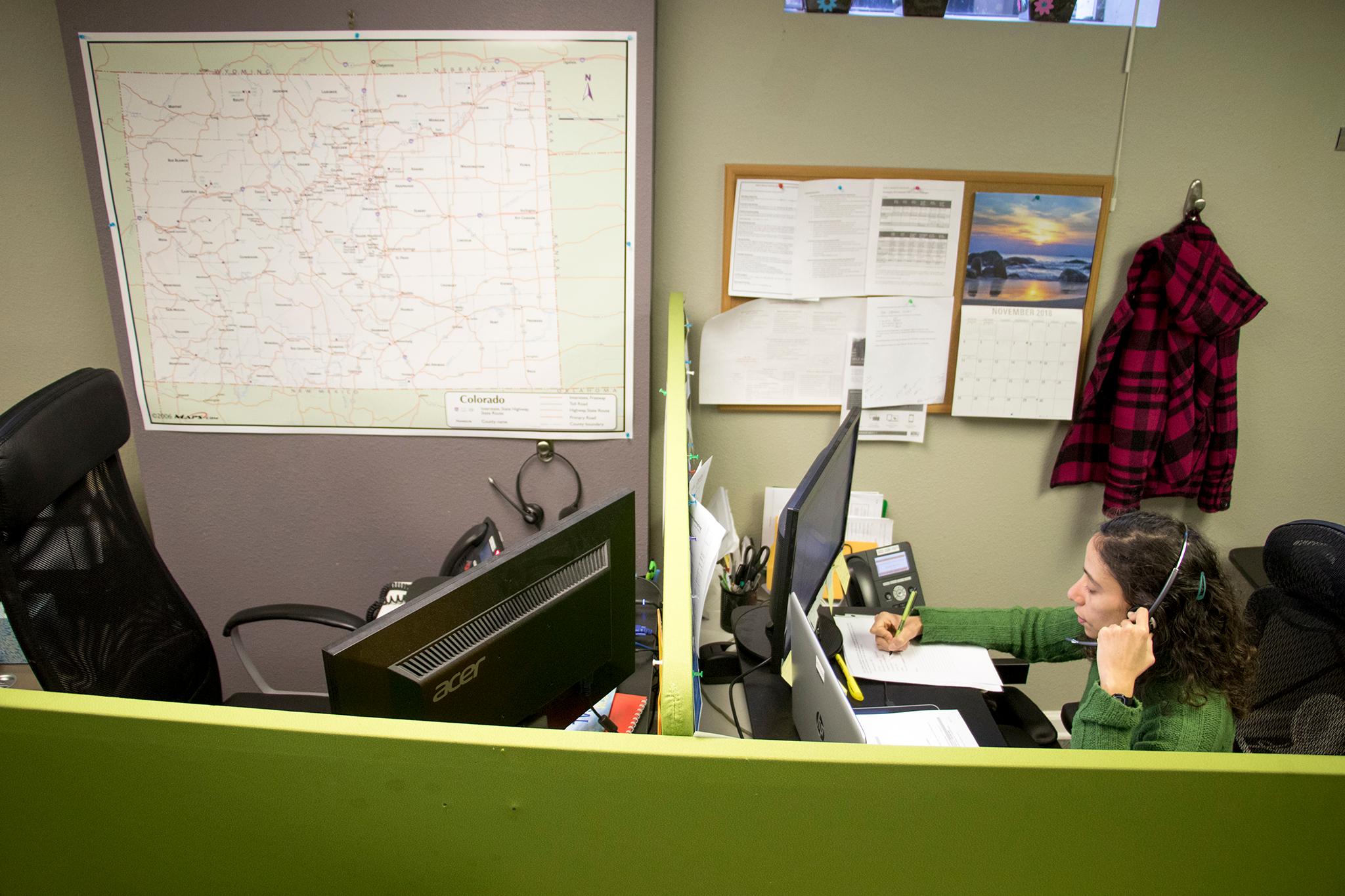Colorado has joined 20 states and the District of Columbia in a lawsuit challenging changes that the Trump administration has proposed to food stamp rules.
The proposed changes set to take effect April 1 would limit exemptions relating to the length of time Supplemental Nutrition Assistance Program, or SNAP, benefits would be available to able-bodied adults without dependents who do not meet work requirements. Of the 450,000 Colorado residents who receive SNAP benefits, traditionally known as food stamps, 7 percent could be affected, said Lawrence Pacheco, a spokesman for Attorney General Phil Weiser. Pacheco cited figures from the state Department of Human Services.
The suit was filed earlier in January and Colorado joined on Wednesday.
In their court filing, the states said the proposal would "arbitrarily" reverse policy that states have followed for decades to seek waivers from SNAP work requirements in regions that lacked sufficient jobs for people receiving benefits.
In a December statement announcing the proposed changes, the U.S. Department of Agriculture said it was "committed to providing SNAP benefits to those who truly need them, but it must also encourage participants to take proactive steps toward long-term self-sufficiency. In order to ensure these goals are met, the department believes that waivers ... should only be permitted when the circumstances clearly warrant that action and meet the statutory conditions for approval."
The nonprofit Hunger Free Colorado, which connects families to SNAP and lobbies on food policy, said states need flexibility to respond to economic downturns.
Ashley Wheeland, Hunger Free Colorado's director of public policy, added that the people who could be affected by the change were among the poorest Americans, and many face barriers such as lack of transportation to get to work, or work but at jobs with intermittent hours and few benefits.
"Taking food assistance away from these individuals will not help them find and keep stable employment," Wheeland said in an email. "It will just increase hardship and push people further into financial distress. The rule is also likely to disproportionately impact people of color because they face greater discrimination in the labor market and other systemic barriers that create higher rates of unemployment."
Earlier this week, the U.S. Supreme Court ruled that the Trump administration can implement a rule seeking to withhold citizenship from immigrants that the government deems likely to rely on food, health and housing benefits while a separate legal challenge of that proposal makes its way through lower courts.
Pacheco, the Colorado attorney general's spokesman, said Colorado and other "states are continuing to fight" the so-called "public charge" rule.














